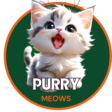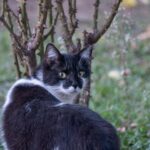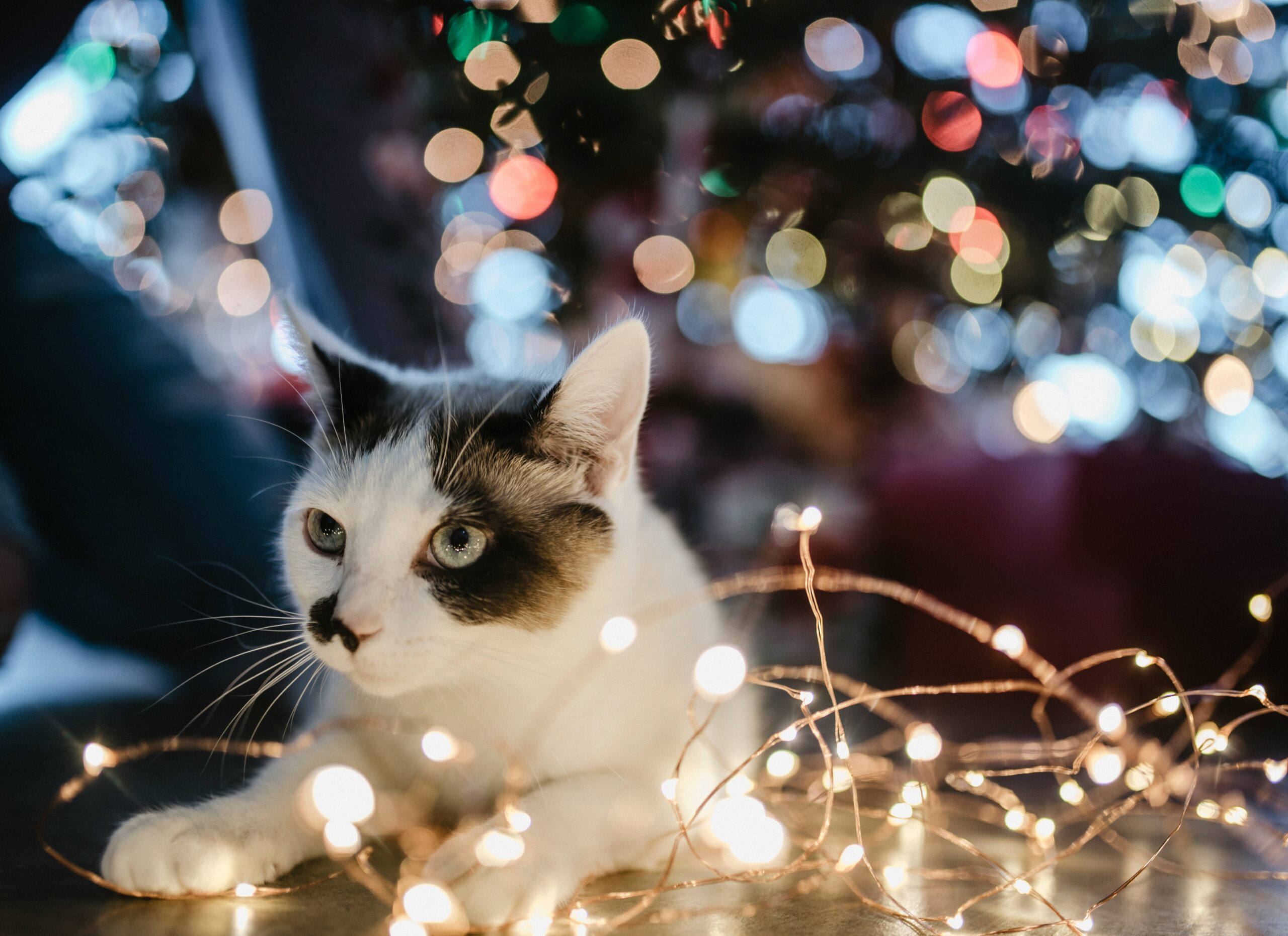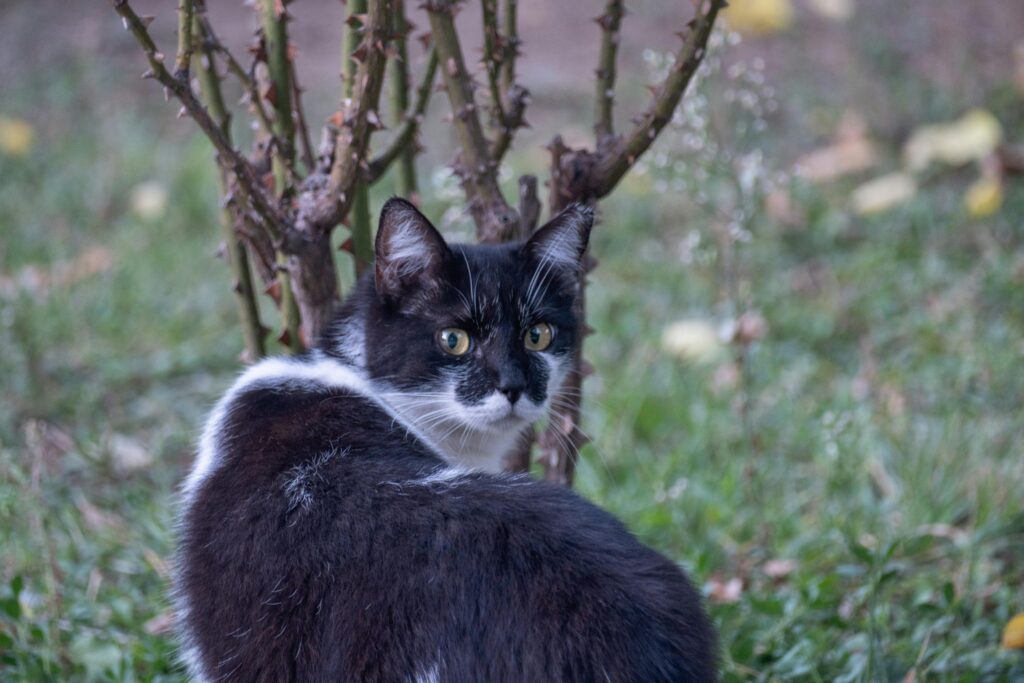Actual Reasons Your Cat Licks Itself After a Meal
Have you ever wondered why your cat immediately starts grooming itself after a meal? It may seem strange, but this behavior is actually quite common among felines. In this blog post, we will explore the reasons behind why cats lick themselves after eating and why it is considered a normal behavior.
1. Cleaning Up
Cats are known for their cleanliness, and grooming is an essential part of their daily routine. After a meal, cats instinctively clean themselves to remove any food particles or residue from their fur. Licking helps them to maintain their hygiene and keep their coat in good condition.
2. Stimulating Digestion
Licking also serves a practical purpose for cats. The action of licking stimulates their digestive system, helping to move food through their bodies more efficiently. It can aid in the digestion process and prevent any discomfort or indigestion.
3. Removing Odors
Another reason why cats lick themselves after eating is to eliminate any lingering odors. Cats have a keen sense of smell, and they are sensitive to any scents that may be on their fur. By licking themselves, they can remove any food smells or other odors that may attract predators or interfere with their ability to hunt.
When to Be Concerned
While it is generally normal for cats to groom themselves after a meal, there are certain situations where excessive licking may indicate an underlying issue. If your cat is obsessively licking itself to the point of causing hair loss or skin irritation, it could be a sign of a medical problem.
1. Allergies
Cats can develop allergies to certain foods, and excessive licking may be a symptom of an allergic reaction. If you notice that your cat is excessively grooming itself after eating a particular type of food, it is worth consulting with your veterinarian to rule out any allergies.
2. Dental Problems
Oral health issues, such as gum disease or tooth decay, can cause discomfort for cats. If your cat is licking its mouth excessively after eating, it could be a sign of dental problems. Regular dental check-ups and proper oral hygiene can help prevent these issues.
3. Stress or Anxiety
Cats may also lick themselves excessively as a result of stress or anxiety. Changes in their environment, such as moving to a new home or the introduction of a new pet, can trigger this behavior. If you suspect that stress is the cause, try to identify and address the underlying cause of your cat’s anxiety.
Conclusion
In most cases, cats licking themselves after eating is a completely normal behavior. It helps them to clean up, stimulate digestion, and remove any odors. However, excessive licking can be a cause for concern and may indicate an underlying medical issue or stress. If you are unsure whether your cat’s licking behavior is normal, it is always best to consult with your veterinarian for a proper diagnosis and advice.
